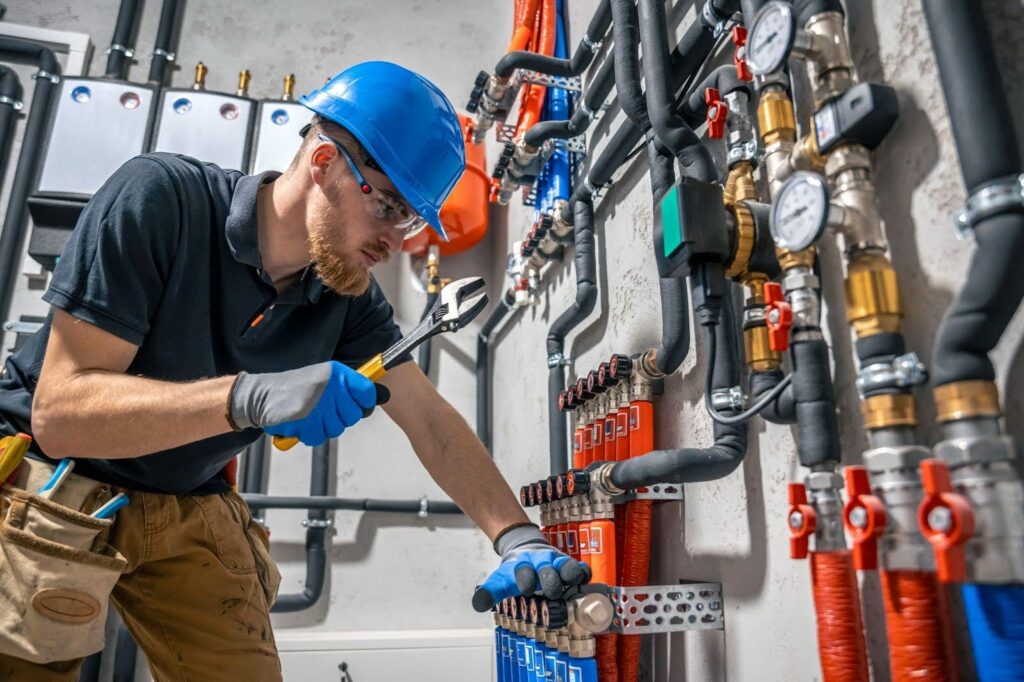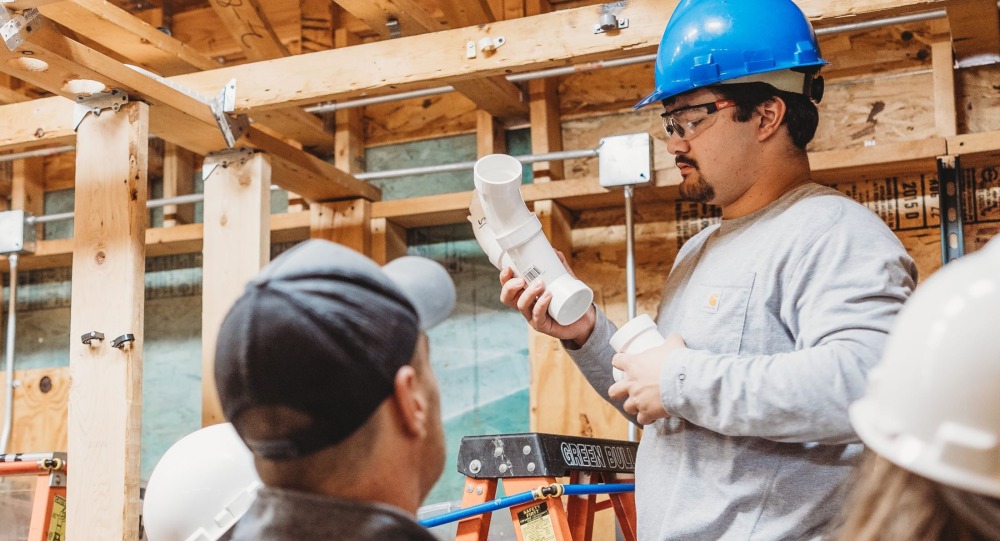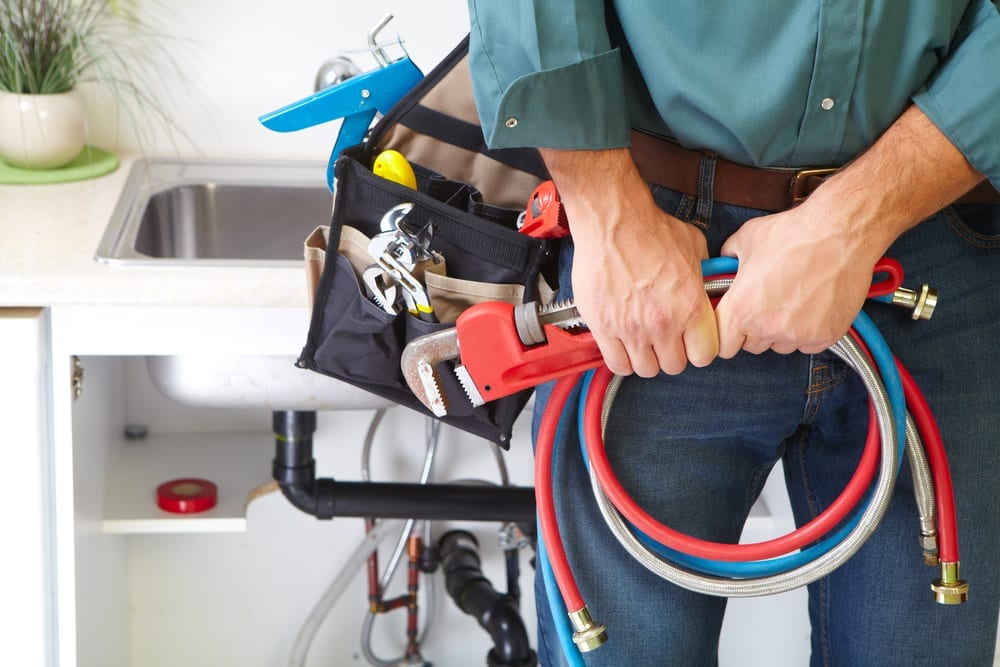Plumbing Technology
Plumbing Technology

Course Overview
The Plumbing Technology course equips learners with the knowledge and practical skills needed to install, repair, and maintain plumbing systems for residential, commercial, and industrial buildings. The program combines theoretical learning with extensive hands-on experience, focusing on water supply, drainage systems, pipe fitting, fixtures, sanitation, and plumbing safety standards. It is designed to prepare learners for successful careers as professional plumbers or plumbing technicians.
Course Objective
By the end of this course, participants will be able to:
Understand plumbing systems and water distribution principles.
Install and maintain pipes, fixtures, valves, and fittings.
Interpret plumbing blueprints and building layouts.
Troubleshoot and repair leaks, blockages, and drainage faults.
Apply plumbing codes, safety practices, and environmental standards.
Use plumbing tools and equipment efficiently.

Who Should Enroll?
This course is suitable for:
Individuals seeking careers in plumbing installation and maintenance.
Artisans and technicians looking to improve their plumbing skills.
Entrepreneurs planning to start plumbing or facility maintenance businesses.
Students from technical and vocational backgrounds interested in practical trades.
Course Modules
1. Introduction to Plumbing Systems
History and importance of plumbing
Types of plumbing systems and materials
2. Plumbing Tools and Equipment
Identification and safe use of plumbing tools
Maintenance and storage of plumbing instruments
3. Water Supply and Distribution
Understanding water sources and pressure systems
Installation of water supply lines and fittings
4. Drainage and Waste Disposal Systems
Design and installation of drainage systems
Sewage, venting, and wastewater management
5. Pipe Work and Fittings
Measuring, cutting, joining, and bending pipes
Working with PVC, copper, steel, and PPR pipes
6. Plumbing Fixtures and Appliances
Installation of sinks, toilets, bathtubs, showers, and heaters
Maintenance and replacement of plumbing fixtures
7. Plumbing Codes and Safety Practices
Understanding plumbing codes and regulations
Workplace safety, accident prevention, and hygiene
8. Troubleshooting and Maintenance
Detecting leaks, blockages, and system malfunctions
Repair and preventive maintenance techniques
Learning Methods
Hands-on practical sessions and workshop training
Instructor-led theoretical lectures
Real-life plumbing installation projects
Group exercises and field demonstrations
Assessment & Certification
Continuous practical assessments
Written and oral tests on plumbing theory and standards
Final plumbing project evaluation
Successful participants earn a Certificate in Plumbing Technology
Career Opportunities
Graduates can work as:
Professional Plumbers / Plumbing Technicians
Maintenance Officers in residential or industrial facilities
Water System Installers / Sanitation Workers
They can also start their own plumbing service businesses or advance into specialized areas like water system design, renewable water technology, or sanitary engineering.
Duration & Requirements
Duration: 3 – 6 months (depending on training schedule)
Requirements: Basic understanding of mathematics and science; interest in practical technical work. No prior plumbing experience required.

